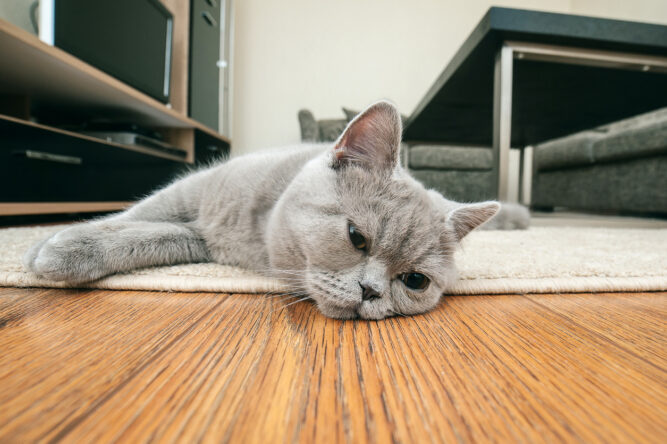Britain’s got a long and proud history of innovation, but we’ve also taken credit for a few things we didn’t exactly come up with first.
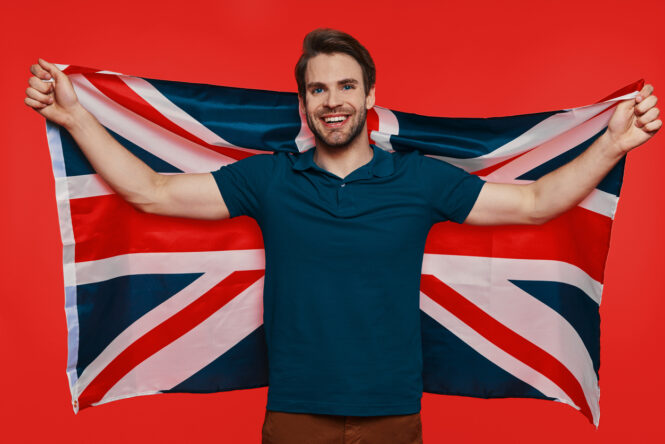
Whether it’s clever branding, colonial confidence, or just a bit of generational myth, there are a surprising number of inventions we like to think of as ours… even though they’re not. It’s not really doing any major harm, but the real creators might find it a tad obnoxious.
1. The sandwich
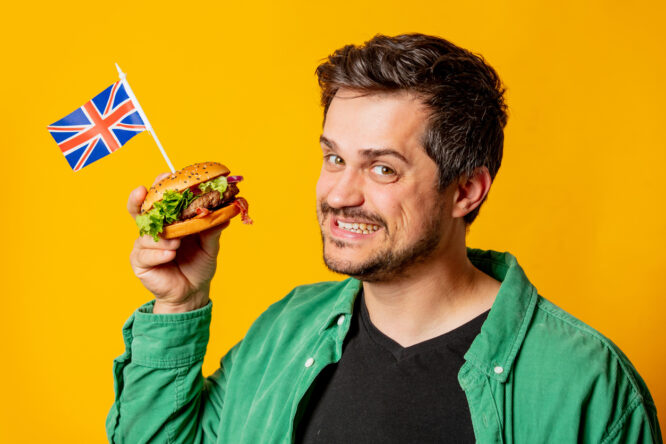
Yes, we named it. The story goes that the 4th Earl of Sandwich, keen not to interrupt his gambling, asked for meat between two slices of bread, and thus the sandwich was born. Except, not really. Putting food between bread is something people have done in various forms all over the world, long before it was formalised with a British name.
From Middle Eastern flatbreads wrapped around meat to Asian rice and seaweed snacks, the sandwich is more global than British. What we did was take an existing idea, repackage it with an aristocratic title, and act like we were first. Bit cheeky, but very on-brand.
2. Tea drinking
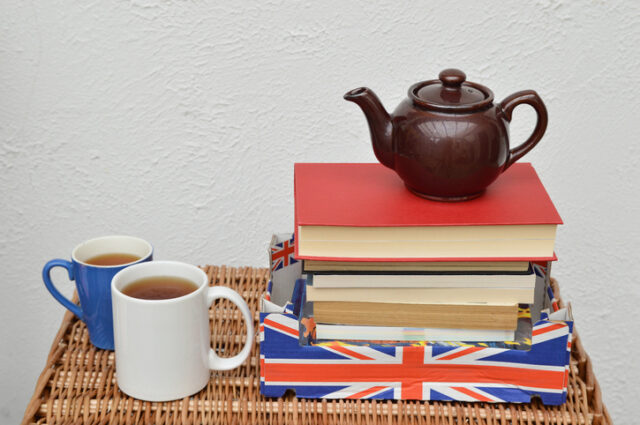
No nation is more emotionally attached to tea than Britain. But the drink that powers our conversations and calms our nerves wasn’t born here. It originated in ancient China and has been consumed for thousands of years, long before it became the cornerstone of British life.
We did help make it globally popular through colonial trade (and some not-so-proud imperial history), but tea culture was thriving in Asia well before it hit our shores. We added milk, sugar, and a slightly obsessive attitude, but the roots are definitely elsewhere.
3. The police force
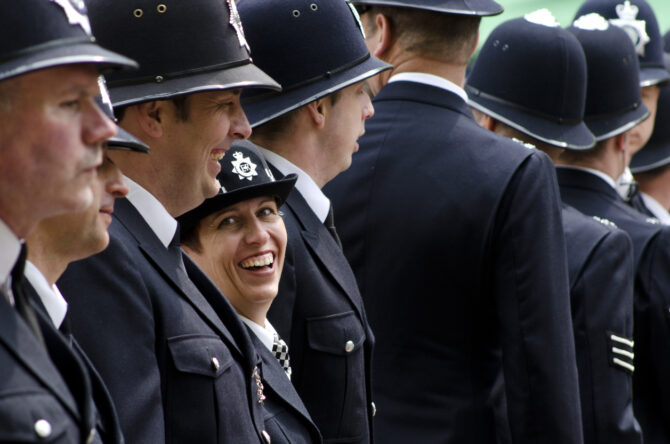
We love to point to Sir Robert Peel and the creation of the Metropolitan Police in 1829 as the start of modern policing, and in some ways it was. But the concept of organised law enforcement wasn’t new—it had already existed in various forms in Ancient Egypt, Greece, China, and even within Native American communities.
What we contributed was a formal, centralised structure that other countries later borrowed from. But the idea of keeping public order? That was happening globally centuries before bobbies in bowler hats hit the streets of London.
4. The pub
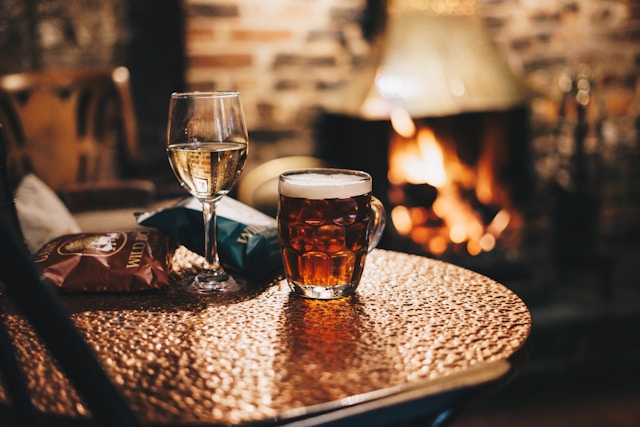
There’s something about the British pub that feels like home—sticky floors, moody lighting, a dodgy quiz night midweek, but the idea of a public house isn’t ours alone. Communal spaces for food and drink go back to the Romans, and taverns or inns have existed all over Europe and the Middle East for just as long, if not longer.
What we did was shape it into a cultural icon, somewhere between a living room and a community hub. Of course, people have been gathering to share drinks and stories long before the first chalkboard pint price was hung outside a thatched doorway.
5. Football (yes, really)

This one stings a bit. While modern football—with its rules, leagues, and sacred Saturday rituals—was undeniably shaped in Britain, the core idea of kicking something around for fun has ancient roots. Versions of football were played in China (cuju), Mesoamerica, and parts of Europe long before the Football Association was founded in 1863.
So while we structured the game into the global phenomenon it is today, we didn’t invent the concept of football. What we did invent was taking it too seriously and treating the World Cup like a national personality trait. Which, fair enough.
6. The flush toilet
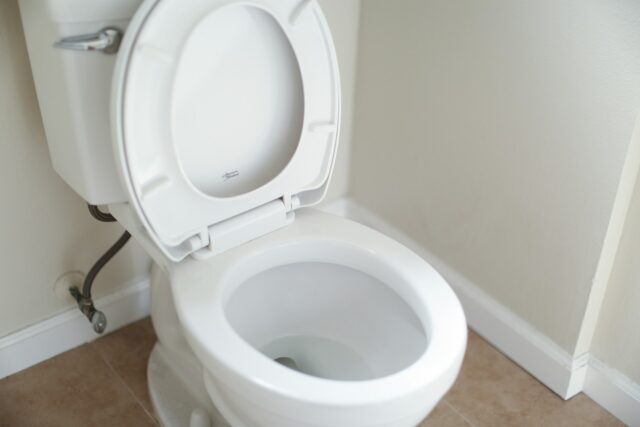 Source: Unsplash
Source: Unsplash You’ll often hear people name-drop Thomas Crapper or Sir John Harington in discussions about the invention of the flushing loo, but the reality is, flush toilets existed in ancient civilisations like the Indus Valley and in Roman public baths. We didn’t create the concept; we improved it, repackaged it, and made it standard in modern homes.
It’s also worth noting that Crapper didn’t invent the toilet—he was a plumber who marketed sanitary ware particularly well. So no, we didn’t invent the flushing loo. But we did make it a national talking point, along with our general obsession with not talking about toilets unless we absolutely have to.
7. Democracy
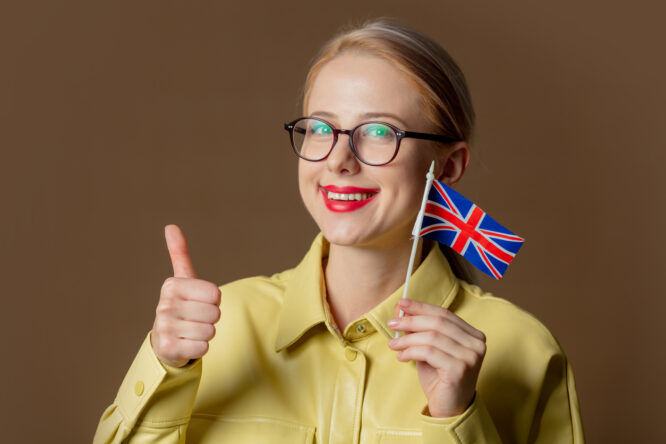
With our centuries-old Parliament and historic civil rights documents, it’s tempting to think Britain invented democracy. However, democratic principles go way back, most notably to Ancient Athens, and even earlier, in tribal councils and decision-making systems used by Indigenous groups around the world.
Britain helped shape modern representative democracy, sure. However, the idea of people having a say in how they’re governed isn’t something we dreamt up. What we did do was add wigs, complicated procedures, and the word “yea” into the mix.
8. Cricket

Cricket is stitched into the national fabric—long matches, polite clapping, and confusing terms like “silly mid-off.” But while the modern form of cricket is very much British, the idea of a bat-and-ball game wasn’t exclusive to us. France had a version of it. Flanders had something similar too.
We took those early games and formalised them, adding scorecards, test matches, and a strange blend of calm and competitiveness. So while we may have fine-tuned cricket into what it is today, the roots were already there—scattered across fields that weren’t necessarily English.
9. Afternoon tea

It feels quintessentially British: scones, jam, and delicate cups held with your pinkie slightly raised. But the actual idea of taking a pause in the afternoon for a hot drink and a snack wasn’t our invention. It was inspired by European salon culture and adapted by the upper classes, most notably the Duchess of Bedford in the 1840s.
We just took the idea and gave it a dainty, almost ceremonial feel. So, yes, we made it into a social event with cucumber sandwiches and tiered trays, but the core of it? Borrowed and rebranded, like many things we now claim as cultural cornerstones.
10. Trench coats
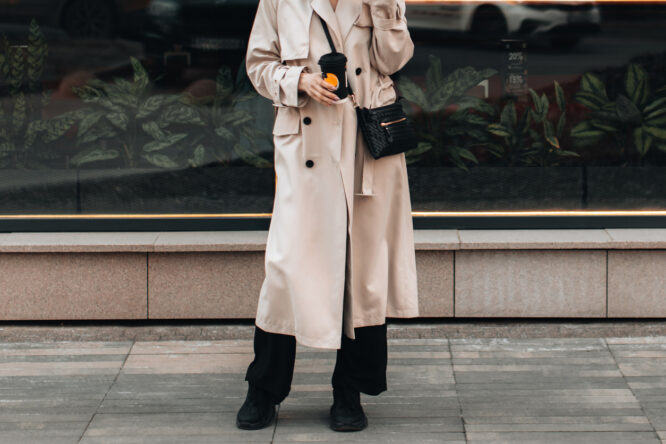
The trench coat is peak British style—practical, understated, and dramatic when worn with a moody stare out of a rainy window. Burberry made it iconic, especially during the World Wars. But versions of waterproof outerwear were around before that, including rubberised coats in Scotland and weatherproof gear in France.
What Britain did do was refine the style and link it forever with wartime officers, film noir, and chilly train platforms. However, the coat itself wasn’t born here—we just made it fashionable in that effortlessly miserable way we do so well.

